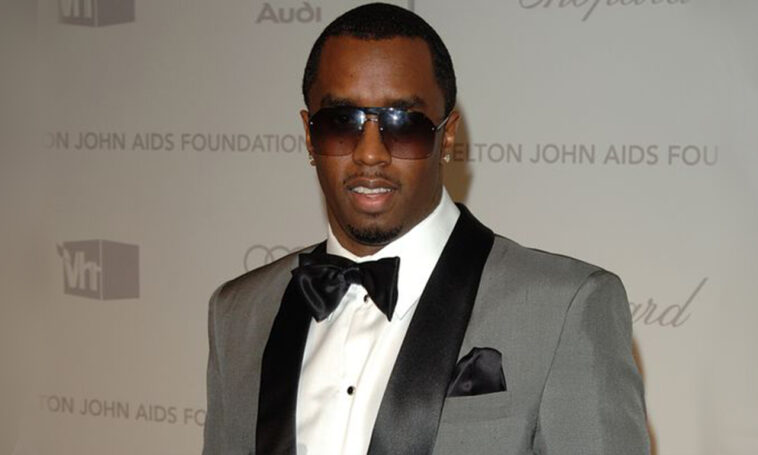Attorneys for music mogul Sean “Diddy” Combs are calling for a gag order in his criminal case, arguing that excessive media coverage could jeopardize his right to a fair trial. Defense attorneys Marc Agnifilo and Teny Geragos submitted a formal request to the presiding judge, insisting that certain public statements from individuals involved in the case are creating a narrative that undermines both Combs’ presumption of innocence and the integrity of the legal process.
The defense team’s letter highlights the potential for bias, especially following recent grand jury testimony from a music producer who claims to possess a videotape purportedly showing Combs engaging in inappropriate acts with various celebrities. Combs’ attorneys, however, firmly dispute the validity of this testimony. They argue that such claims are sensationalized, intended to attract attention, and have no basis in reality. They further assert that the widespread reporting on these allegations has fostered a damaging perception among the public—one that implies the government is tacitly endorsing unverified accusations, which they say is “profoundly prejudicial” to their client’s case.
The legal battle intensified when Combs was formally charged with a federal indictment that includes three serious counts: racketeering, sex trafficking by force, and transporting individuals for prostitution. Comb has pleaded not guilty to all charges and remains in custody. His defense team has consistently maintained that he did not commit any of the alleged assaults and that the charges lack substantiated evidence.
Meanwhile, the prosecution opposes the proposed gag order. Prosecutors argue that certain civil plaintiffs, who have ongoing cases against Combs, are outside the jurisdiction of the criminal court and, therefore, should not be restricted by the gag order. This has sparked a dispute between both parties. Combs’ legal team insists that even civil litigants whom they allege are attempting to exploit the criminal charges for personal gain should be subject to the same restrictions to prevent further harm to Combs’ right to an impartial trial.
The defense also claims that the media coverage has blurred the lines between criminal accusations and separate civil claims, painting a prejudicial picture of Combs in the public eye. They emphasize that pretrial publicity, particularly when fueled by individuals allegedly attempting to influence public opinion, threatens the core principles of the justice system. In an attempt to control the narrative, the defense attorneys have stated,
“It makes little sense that civil litigants seeking to capitalize on the criminal allegations against Mr. Combs can nonetheless claim that they are not involved in the criminal proceedings.”
Ultimately, this case brings to light a broader issue within the legal system: the balance between the public’s right to information and a defendant’s right to a fair trial. With Combs’ high-profile status and the sensational nature of the allegations, his attorneys are focused on mitigating the media’s role in shaping public perception. They argue that the court has a duty to safeguard the fairness of proceedings, especially when inflammatory statements could easily sway potential jurors.
As the court deliberates on whether to impose a gag order, the case remains in the spotlight, with both sides actively working to present their arguments and maintain their positions. Combs’ defense team continues to assert his innocence, arguing that the charges are built on mischaracterizations and uncorroborated testimonies. At the same time, they caution that unchecked media narratives have the potential to distort the judicial process and impair their client’s chance of receiving an unbiased trial.
For now, it is up to the judge to decide if a gag order is necessary to protect Combs’ rights and maintain the integrity of the case. Should the order be granted, it would impose strict limitations on public statements from individuals closely connected to the proceedings.





Join the Community and Be a Part of the Conversation
You must be logged in or registered to post a comment.